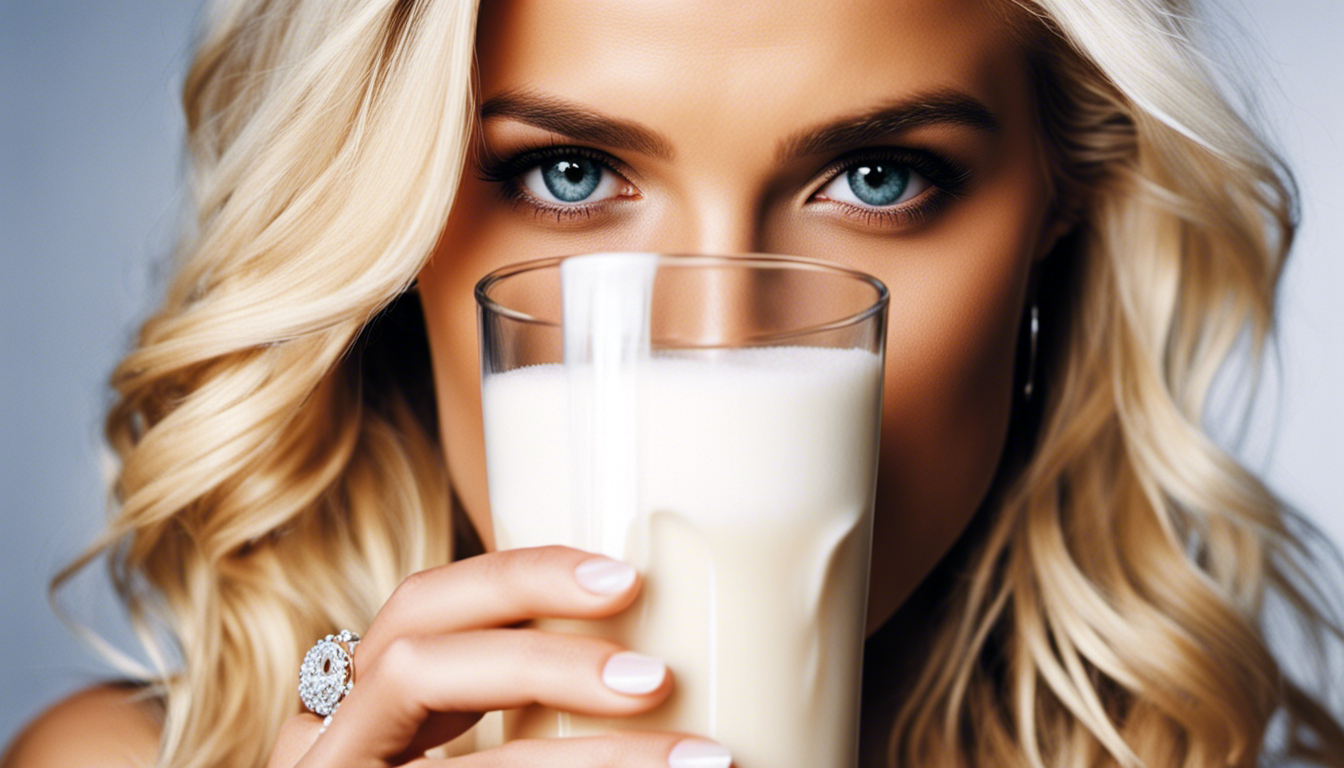
Jessica Simpson faces backlash over milk ad: What's the fuss about dairy products?

Jessica Simpson stirred controversy after sharing an endorsement for "Gonna Need Milk," an updated version of the iconic "Got Milk?" campaign. The ad, featuring Simpson holding a glass of milk, sparked criticism for promoting a product that many view as unhealthy.
While some fans defended the ad, claiming milk's nutritional benefits, others argued against its consumption. This incident highlights the ongoing debate surrounding dairy products, particularly amid rising concerns over the health and environmental impacts of milk consumption.
The milk ad controversy
In a recent Instagram post, Jessica Simpson showcased the "Gonna Need Milk" campaign, drawing mixed reactions from her followers. While the ad aimed to promote milk consumption, it quickly became the subject of heated debate. Critics condemned the promotion of dairy, emphasizing its reputed negative effects on health. This controversy reflects the current climate of scrutiny surrounding traditional and plant-based milk products.
Ongoing criticism of milk products
This incident is emblematic of the broader discussions regarding milk and its influence on health. Notably, the dairy industry faces increasing criticism, with a recent class-action lawsuit against Dunkin’ Donuts for extra charges on non-dairy milk and allegations against oat milk for potentially causing blood sugar spikes. Additionally, the wider public has shown declining interest in dairy, as evidenced by a 20% decrease in milk purchases among Generation Z in 2022.
The debate on milk consumption
The debate around milk consumption sparks questions about its necessity in adult diets. While experts acknowledge milk's nutritional value, there is consensus that it is not essential for adult health. Dr. Deborah Cohen, a professor of clinical nutrition at Rutgers University, emphasizes that the historically recommended consumption of cow's milk is primarily due to its richness in calcium and vitamin D. However, various alternatives, including plant-based milks and fortified foods, offer comparable nutrients, rendering cow's milk non-essential.
Considering the harm of milk
As public perceptions of dairy products continue to shift, concerns about the potential harm of milk consumption have come to the forefront. While critics have labeled milk as "the worst beverage humans can drink," experts caution against overstating the negative impacts of dairy. Although there are environmental and ethical concerns related to dairy farming, the evidence linking low-fat dairy consumption to health issues remains inconclusive.
In light of the ongoing discourse, individuals are advised to critically assess their personal dietary needs and preferences regarding milk consumption. While plant-based milks offer viable alternatives, it is crucial to scrutinize their nutritional content, particularly sugar levels and fortification with essential nutrients. Ultimately, the choice between cow's milk and plant-based alternatives remains individual, hinging on factors such as dietary restrictions, ethical considerations, and personal taste.
Share news















